Check out these visual art images:
Installation (Fly-Through) FASTFORWARDFOSSIL: Part 2 by Ellen Driscoll at Smack Mellon / Dumbo Arts Center: Art Under the Bridge Festival 2009 / 2009-09-26 / SML

Image by See-ming Lee ??? SML
This installation by Ellen Driscoll is so gigantic that I thought that only a video fly-through can really help experience the piece.
SML Simulcast
+ www.youtube.com/watch?v=q38bGDNWKQw (720p HD)
+ www.vimeo.com/6876739 (720p HD)
www.smackmellon.org
Two Solo Exhibitions
Exhibition dates: September 26 – November 8, 2009
Artists’ reception: Saturday, September 26, 5-8pm
Smack Mellon is pleased to present Ellen Driscoll’s installation FASTFORWARDFOSSIL: Part 2 and Fernando Souto’s photographic series The End of the Trail. The two concurrent solo exhibitions compress layers of time to explore industries and lifestyles that go beyond geographic borders. Composed of thousands of discarded plastic bottles collected by Ellen Driscoll, FASTFORWARDFOSSIL: Part 2 takes a critical look at the environmental and human damage inflicted by the oil and water industries in the last two centuries on regions as diverse as Nigeria and the United States. During extended trips to cattle ranches in the American West, Australia, and Uruguay, Fernando Souto photographed the fading culture of ranchers, creating black-and-white environmental portraits in the tradition of iconic photographers such as Walker Evans and Robert Frank. Both Driscoll and Souto are intimately tied to their craft—painstakingly cutting up salvaged bottles and printing large-scale silver gelatin photographs—asserting a tactile personal connection in their work.
Ellen Driscoll
FASTFORWARDFOSSIL: Part 2
“This installation is a continuation of a multi-year series which explores the dynamics of resource harvesting and consumption. This part of the series focuses on oil and water. Rising at 5:30 AM, I harvest #2 plastic bottles from the recycling bags put out for collection on the streets of Brooklyn. For one hour, one day at a time, I immerse myself in the tidal wave of plastic that engulfs us by collecting as many bottles as I can carry. The sculptural installation for Smack Mellon comprises 2600 bottles transformed into a 28 foot landscape. Constructed solely of harvested #2 plastic, the sculpture collapses three centuries into a ghostly translucent visual fugue in which a nineteenth century trestle bridge plays host to an eighteenth century water-powered mill which spills a twenty-first century flood from its structure. The flow contains North American, Middle Eastern, and African landmasses (sites of oil harvesting and their consumer destination) buoyed by a sea of plastic water molecules. The piece looks back to eighteenth century American industry powered by water, and forward to the oil refineries of the Niger Delta, site of prolonged guerilla warfare against oil corporations and the source of over fifty percent of crude oil for the United States—the oil that produces the plastic within which our privatized water is currently bought and sold.
The wall drawings in the exhibition are based on a close study of the inner workings of an oil refinery. By using huge shifts of scale between the macro and the micro, they depict a dystopic future based on rampant oil consumption. An oil rig shares the horizon with ocean fires and garbage scows, mega shopping malls are abandoned to spontaneous communities of slums, and a refugee camp is inundated by the waters of a melting glacier. The worlds in the drawings are drained of color, but filled with the flux and spillage of a potentially chaotic future.”
Ellen Driscoll is a sculptor whose work includes FASTFORWARDFOSSIL: Part 1 at Frederieke Taylor Gallery, Revenant and Phantom Limb for Nippon Ginko, Hiroshima, Japan, The Loophole of Retreat at the Whitney Museum, Phillip Morris, As Above, So Below for Grand Central Terminal (a suite of 20 mosaic and glass images for the tunnels at 45th, 47th, and 48th Streets), Catching the Drift, a restroom for the Smith College Museum of Art, and Wingspun for the International Arrivals Terminal at Raleigh-Durham airport. Ms. Driscoll has been awarded fellowships from the Guggenheim Foundation, the National Endowment for the Arts, the Bunting Institute at Harvard University, the New York Foundation for the Arts, the Massachusetts Council on the Arts, the LEF Foundation, and Anonymous Was a Woman. Her work is included in major public and private collections including the Metropolitan Museum of Art and the Whitney Museum of Art. She is a Professor of Sculpture at Rhode Island School of Design.
Smack Mellon
92 Plymouth Street @ Washington
Brooklyn, NY 11201
Gallery hours are Wednesday-Sunday, 12-6pm.
Related SML
+ SML Fine Art (Flickr Group)
+ SML Fine Art (FriendFeed)
+ SML Fine Art (Twitter)
+ SML Flickr Collections: Events
+ SML Flickr Sets: Dumbo Arts Center: Art Under the Bridge Festival 2009
+ SML Flickr Tags: Art
+ SML Pro Blog: Art
(almost) all of the completed dissertations in Visual Studies at UC Irvine up to 2008

Image by G A R N E T
Homemade modern : MoMA, women and the transformation of European modernism into American style / by Amy L Marver, 2001.
About turns : minimalism to excess in the films of Yvonne Rainer / by Patricia Lynne Levin, 2001.
Lurking and looking : media technologies and cultural convergences of spectatorship, voyeurism… / by Sheila Colleen Murphy, 2002.
Fantastic observations : images of insects in early modern Europe / by Janice L Neri, 2003. [not pictured]
The gravity of memory : recollection and forgetting at the Bibliothèque Impériale of Napo / by Francesca M Bavuso, 2004.
The animated and the actual : toward a theory of animation, live-action, and everyday life / by Joanna Rose Bouldin, 2004.
"The child lost in the garden of time" : childhood and the fourth dimension in the works of Joseph Co… / by Analisa Pauline Leppanen-Guerra, 2004.
Her apparent admiration and the intensity of her gaze : race, class, and gender and the stereoscopic / by Beth Rayfield, 2004.
The "camera" as camera : new subjectivities in 3D virtual worlds / by Tobey Crockett, 2006.
The art of disappearance : duration, instantaneity, and the conception of cinema / by René Thoreau Bruckner, 2007.
Equivocal subjects : the representation of mixed-race identity in Italian film / by Shelleen Maisha Greene, 2007.
Walking after midnight : violence, femininity, and possibility / by Jennifer Arlene Rogers, 2007.
The ambiguous I : photography, gender, self / by Jordy Jones, 2008.
Monstrous play in negative spaces : the cultural production of biometric bodies / by
Heather Michelle Murray, 2008.
Actual treatments: Performative realism in American independent cinema, 1949-70 / by Edward A Barron, 2009. [electronic resource – not pictured]
Methodologies of Reuse in the Media Arts: Exploring Black Boxes, Tactics, and Archaeologies / by Garnet D Hertz, 2009. [not yet bound by library as of April 2010]
The Barber Institute of Fine Arts – main entrance doors

Image by ell brown
This is the The Barber Institute of Fine Arts building on the University of Birmingham main campus.
It is listed currently as being on University Road, and no longer Edgbaston Park Road (I would assume that University Road is the road that goes from Edgbaston Park Road into the University grounds proper).
It is a Grade II listed building built between 1935 and 1939, designed by architect Robert Atkinson.
It is an art gallery and concert hall, and is an Art Deco building. It was opened by Queen Mary.
1935 completed 1939, architect Robert Atkinson. Sophisticated design marrying
elements of traditional institutional classicism with Dudok inspired stone
dressed brick modern. A 2 storey compact block with shallow full height portal
wing to right hand of front. Ashlar faced ground floor and blind lst floor of
brick with flat coped roofline. The horizontal emphasis of the strip
fenestration of the ground floor is suavely combined with the vertical accent of
the slightly battered portal. The latter is complemented in small scale by
ashlar panels carved with symbols of the Arts on the first floor and reflected
by the visual stop of the larger panel at the end of return east elevation.
The banding and strip fenestration of the front follows round on to the side and
rear elevations giving a crisp linear definition to the design.
The Barber Institute of Fine Arts – Heritage Gateway
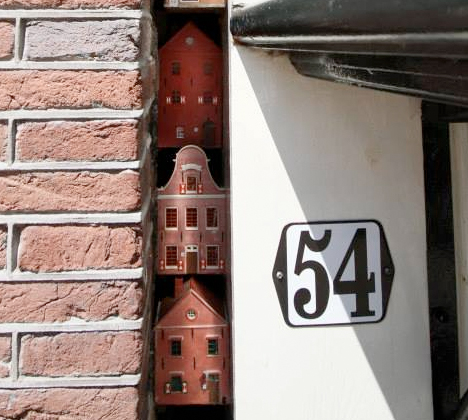
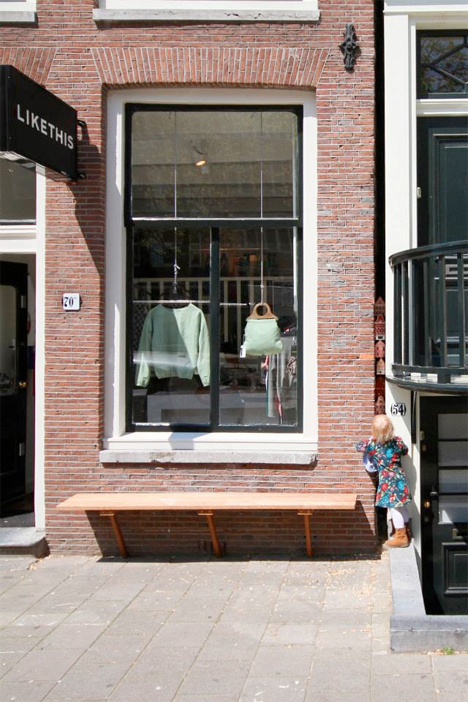
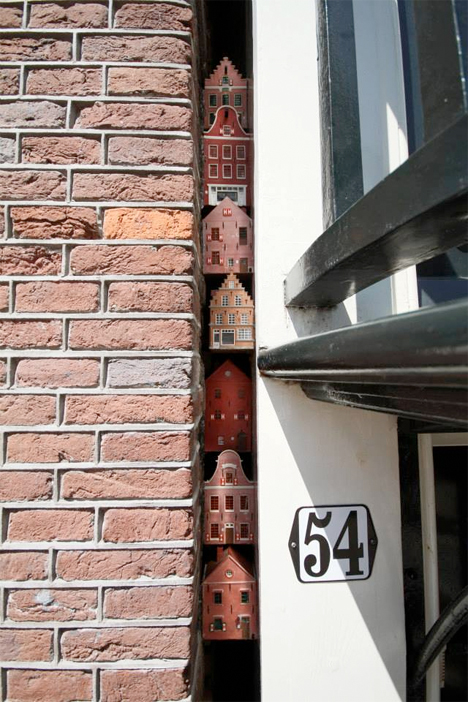





![]()





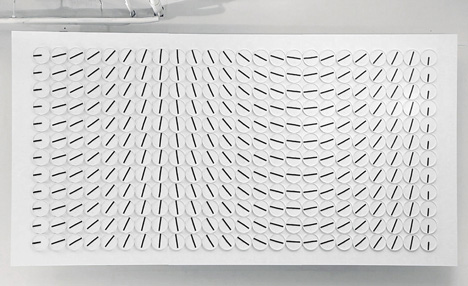
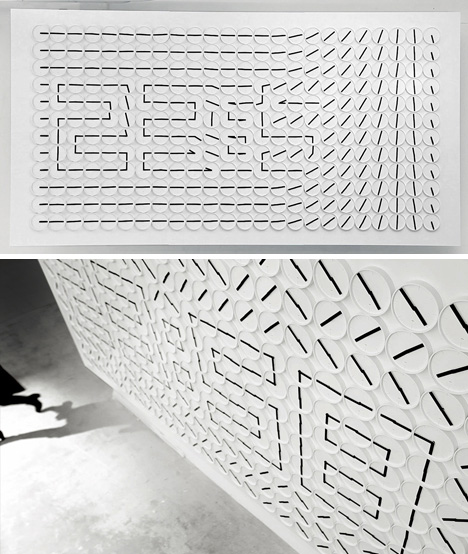
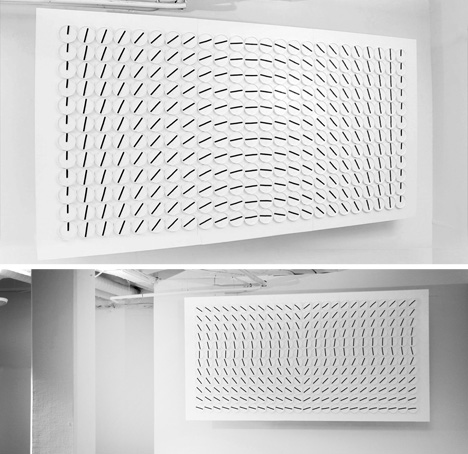











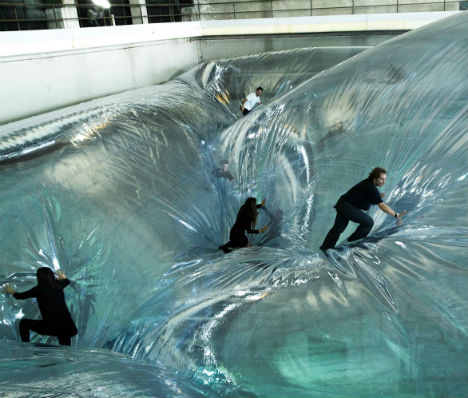
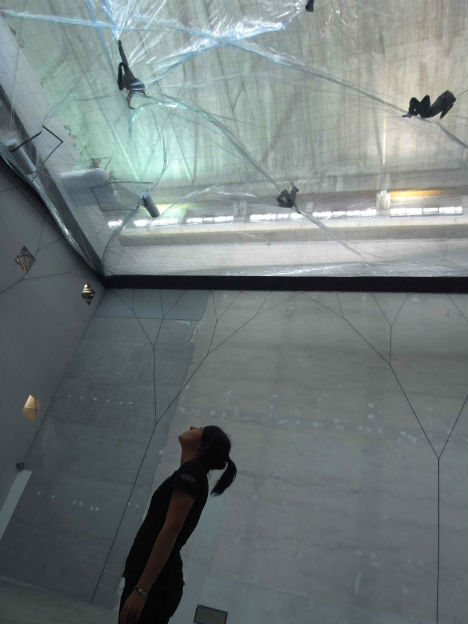
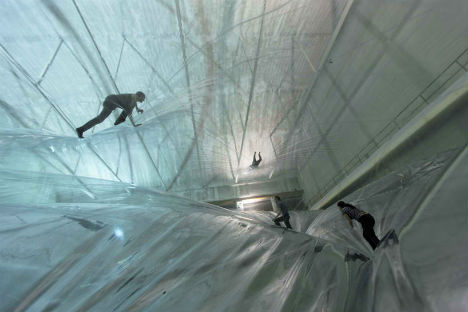
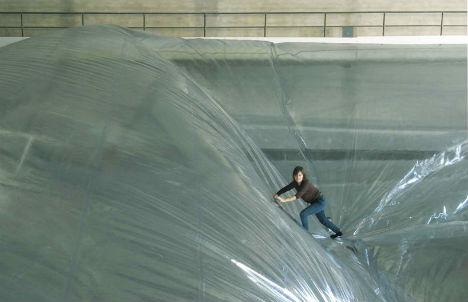
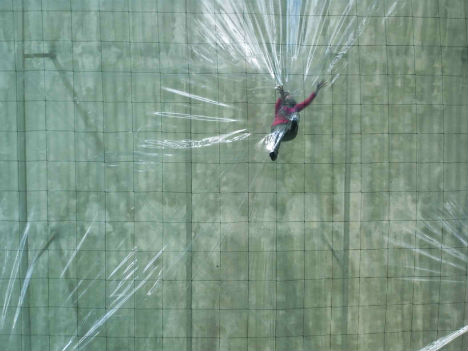
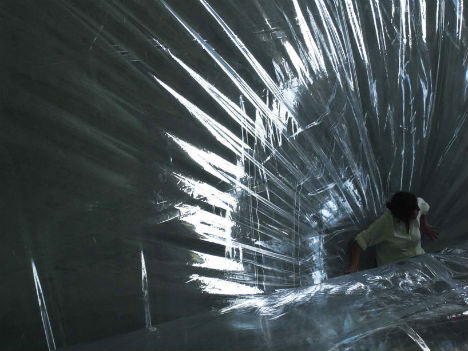

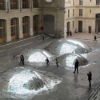









You must be logged in to post a comment.